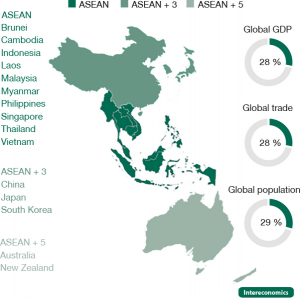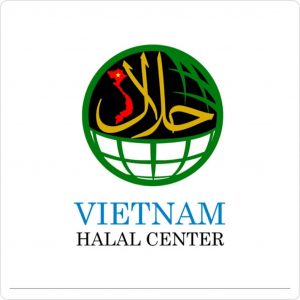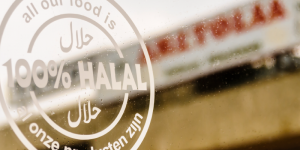Director of Midamar, Jalel Aossey was invited to speak at the recent World Halal Forum in Malaysia. In his address to the delegates, he discussed the challenges and opportunities of conducting a Halal business in secular countries. Midamar is one of the leading Halal processors and distributors in the United States.
The challenges of serving the Halal market begins with the identification of the Halal consumer. How are Halal consumers defined and who are they? That answer is difficult in secular countries, as the Halal consumer could be from any one of 56 Islamic countries or simply be native of the secular state. Additionally, many Halal consumers are not Muslim, their decisions to purchase Halal consumables stems from a belief that there are substantial health and other benefits to consuming Halal products.
Halal consumers also differ in their own definitions of Halal, their levels of religiosity and in their personal tolerance for deviation from the scriptures.
Another challenge mentioned by Aossey is operational management of Halal processes. Economic and supply chain issues emerge for existing companies that get their products certified through a legitimate certification agency, like Islamic Services of America (see www.isahalal.org). Halal certification often affects current operations and as such, changes to systems must be ongoing. Islamic Services of America also helps consumers, companies and governments in the USA define the Halal product and comply with standards.
Secular government officials don’t always understand the meaning of Halal and have difficulty with the complexity and diversity of domestic and international consumers. They need education to facilitate understanding of the domestic and international Halal markets. After 35 years in the Halal industry, the Principals at Midamar are finding that people of all faiths appreciate the additional level of oversight provided by Halal processes. More and more, those living in secular societies freely choose Halal consumable products.
Aossey added “The tremendous growth in Halal consumption in the developing world provides substantial food export opportunities to food processors in secular countries. In order to pursue these opportunities, governments must understand what is behind Halal, the diversity of international and domestic consumers, and foreign government standards.” Foreign governments have learned by experience not to accept at “face value” the Halal goods that come out of secular countries. Government oversight of Halal is important and combined with seamless processes that do not raise the price of exports, will facilitate trade and development of emerging markets. Australia provides a good example of how a government can provide Halal oversight while maintaining its secular values.
As the market for Halal Foods grows, it becomes essential for standards to be met. At this year’s World Halal Forum, substantial progress was made in setting International Standards for Halal products and services.
“Since the beginning, Malaysia has been the catalyst for setting Halal standards. They will continue to assume the leadership role in establishing international Halal compliance standards. It is what the world needs and relies on in the Halal industry. The goal is to eliminate excuses, agendas, fraud and achieve total compliance to industry-wide standards,” added Aossey.
Aossey continued, “We (leaders in the Halal industry) need to author the Halal story, or someone else will write it for us. We need investment in the Halal Food Industry – in slaughter houses, processing plants, and as advocates in order to raise standards and make necessary changes ourselves.”
At the World Halal Forum, futurologist David Smith stated that 2 billion people in the developing world are predominantly Muslim. With the majority of that Muslim population being young Muslims. Within the next 20 years, there will be a huge demand on food production. Muslim consumers will add trillions in additional revenues from global demand for Halal consumables. “Companies and governments in secular countries would be foolish to ignore these projections,” states Aossey.
Source: Midamar Corp.



